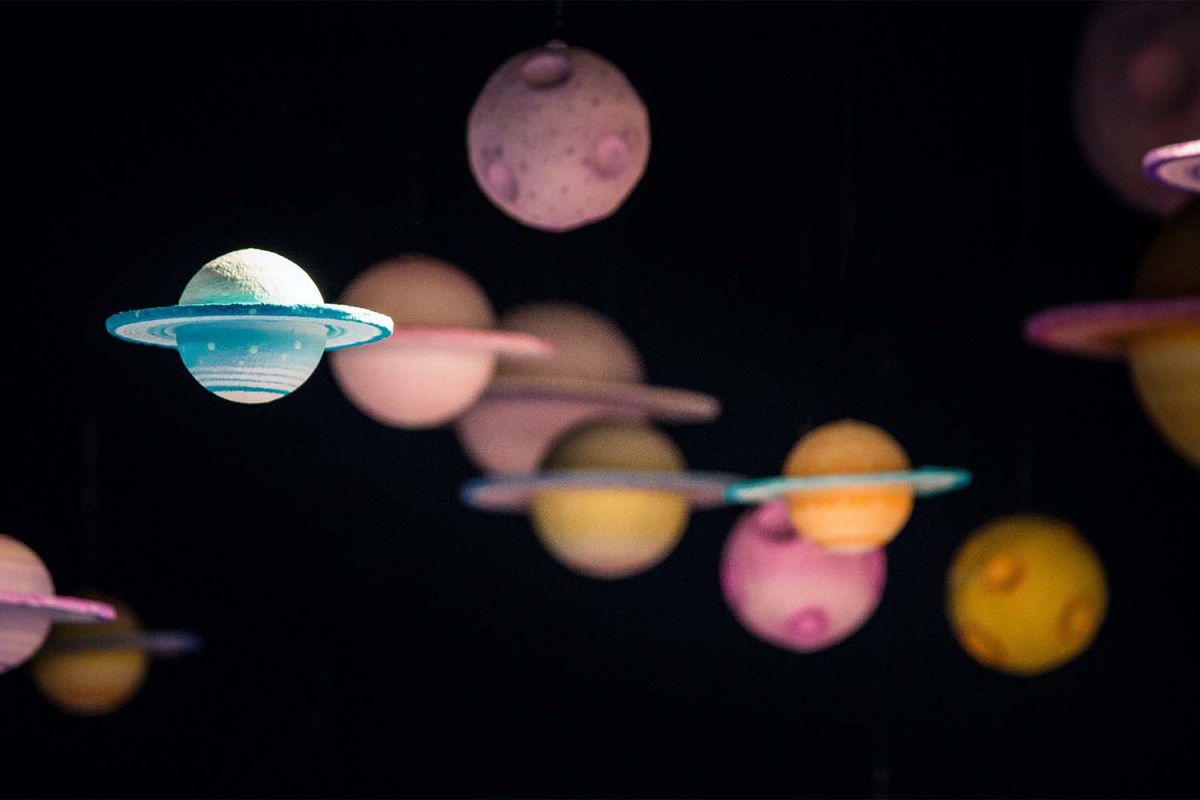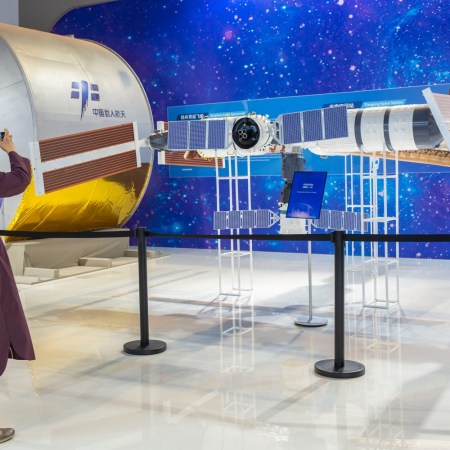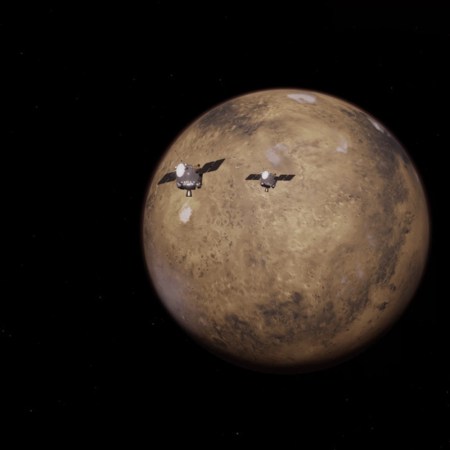For the better part of the last century, extraterrestrials have been depicted in movies journeying through various galaxies, faster than the speed of light, in spaceships that far exceed any technology we’ve managed to develop here on Earth. Despite filmmakers having no tangible evidence that such aircraft exist anywhere in the universe, these depictions have successfully managed — at least to some degree — to shape our perception of our potential other-worldly neighbors and what exactly it is that they’re capable of.
That said, we may have got their mode of transportation all wrong, according to a new report from Salon. The story cites new researched published in the International Journal of Astrobiology authored by Irina Romanovskaya, a professor of physics and astronomy at Houston Community College, which proposes that interstellar travel may very well be happening. Though, instead of spaceships, Romanovskaya believes it’s possible that other life forms are moving about the galaxies by taking advantage of free-floating, or rogue, planets. She calls them “cosmic hitchhikers.”
“Some extraterrestrial civilizations may migrate from their home planetary systems to other planetary systems,” she notes in her paper. “They would most likely encounter serious or insurmountable technical problems when using spacecraft to transport large populations over interstellar distances.”
So, what is a free-floating planet? Exactly as its name would imply, they’re planets without host planetary systems. Unlike Earth, they’re totally free to float through the cosmos without orbiting a star. Even though they were once thought to be extremely rare, scientists have long thought that rogue plants were capable of harboring life. Recently, however, a team of astronomers discovered at least 70 rogue planets in the Milky Way, the largest group ever found, thus altering the longstanding perception of their scarcity.
But why would anyone want to hop on a rogue planet? Because it would be ideal for moving an entire population en masse, Romanovskaya claims — a method of migration, if you will, in the event of a dying star. Given that in fewer than a billion years our own planet will be uninhabitable thanks to the star we orbit, it’s not that far-reaching as far as theories go.
“Some advanced civilizations may send their populations or technologies to other stars during flyby events, some advanced civilizations may build stellar engines and some advanced civilizations may use free-floating planets as interstellar transportation to relocate their populations to other planetary systems,” Romanovskaya wrote. “Various methods of interstellar migration and interstellar colonization may contribute to propagation of advanced extraterrestrial civilizations in the Galaxy.”
Nevertheless, others remain skeptical, and for all the typical reasons — the fact that life would freeze on a free-floating planet, among them. But the good news is that, because there is no concrete evidence to disprove Romanovskaya’s research as it stands now, we can all now hold onto some small sliver of hope that, if things don’t start to get better on this planet, we may eventually be able to hitch a ride with a passerby and start over fresh on a new one.
Thanks for reading InsideHook. Sign up for our daily newsletter and be in the know.


















